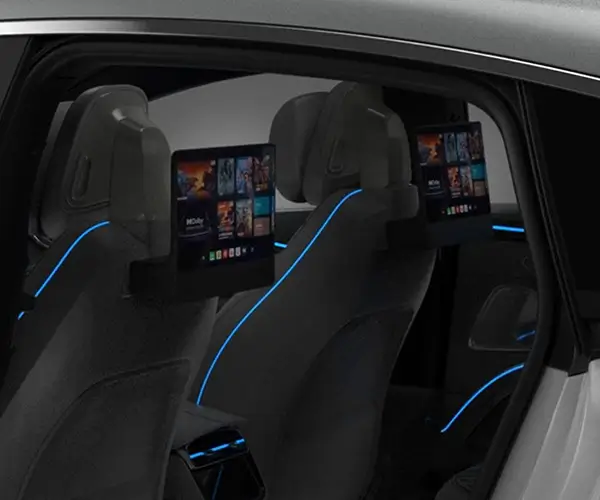When it comes to building modern software systems, microservices architecture has emerged as a popular choice. But as more companies embrace this approach, one thing becomes clear: mastering the ins and outs of microservices is crucial for any development team. Whether you’re scaling a startup or streamlining a large enterprise, the ability to navigate microservices can be the key to success.

So, what’s the real deal with microservices? It’s not just a buzzword—it’s about breaking down monolithic systems into smaller, independent services that are easier to manage, scale, and update. But with all these pieces working together, things can get tricky. This is where thorough knowledge of microservices and understanding common challenges become vital.
Take, for example, communication between services. In a traditional monolith, everything is interconnected, and you often don’t have to worry about how components talk to each other. But with microservices, the game changes. Each service needs to interact with others, often over a network, which introduces complexities. One thing you’ll quickly discover is how crucial it is to design robust communication patterns. Service-to-service communication can be synchronous or asynchronous, and picking the right model is essential for system reliability.
Another key challenge is data management. In monolithic systems, data is typically housed in a central database, which is straightforward to manage. But in a microservices-based system, each service often has its own database. This leads to interesting questions: How do you maintain data consistency across services? How do you handle transactions that span multiple services? These are the types of questions that keep developers on their toes.
But it’s not all challenges and complexities. Microservices come with big benefits, too. One of the most significant advantages is the ability to scale individual components. If one part of the system is under heavy load, you can scale that specific service, without impacting the rest of the system. This kind of flexibility is what makes microservices so powerful.
Additionally, microservices enable teams to work on services independently. This promotes faster development cycles and allows for more frequent updates, without causing major disruptions to the overall system. Imagine being able to update a service without worrying about breaking the entire application—that’s a huge win.
Now, let’s talk about the elephant in the room: testing. Testing microservices is a bit more involved than testing traditional monolithic applications. Since each service is independent, it’s essential to test not only the individual services but also their interactions with each other. This is where tools like contract testing come into play, helping ensure that services communicate as expected.
But don’t be discouraged. Once you get the hang of it, microservices become a powerful tool in your development toolkit. With the right approach, they can make your systems more resilient, scalable, and easier to maintain.
Ultimately, adopting microservices isn’t just a technical shift—it’s a shift in mindset. It’s about thinking in terms of smaller, independently deployable components, rather than one massive, interconnected system. And once you’ve made that shift, you’ll quickly see the benefits in your development process.
So, if you're looking to build systems that can scale and evolve with ease, diving into the world of microservices is the way to go. With the right knowledge, the right tools, and a bit of patience, you'll soon be reaping the rewards of a more agile, efficient development environment.
Established in 2005, Kpower has been dedicated to a professional compact motion unit manufacturer, headquartered in Dongguan, Guangdong Province, China. Leveraging innovations in modular drive technology, Kpower integrates high-performance motors, precision reducers, and multi-protocol control systems to provide efficient and customized smart drive system solutions. Kpower has delivered professional drive system solutions to over 500 enterprise clients globally with products covering various fields such as Smart Home Systems, Automatic Electronics, Robotics, Precision Agriculture, Drones, and Industrial Automation.




































